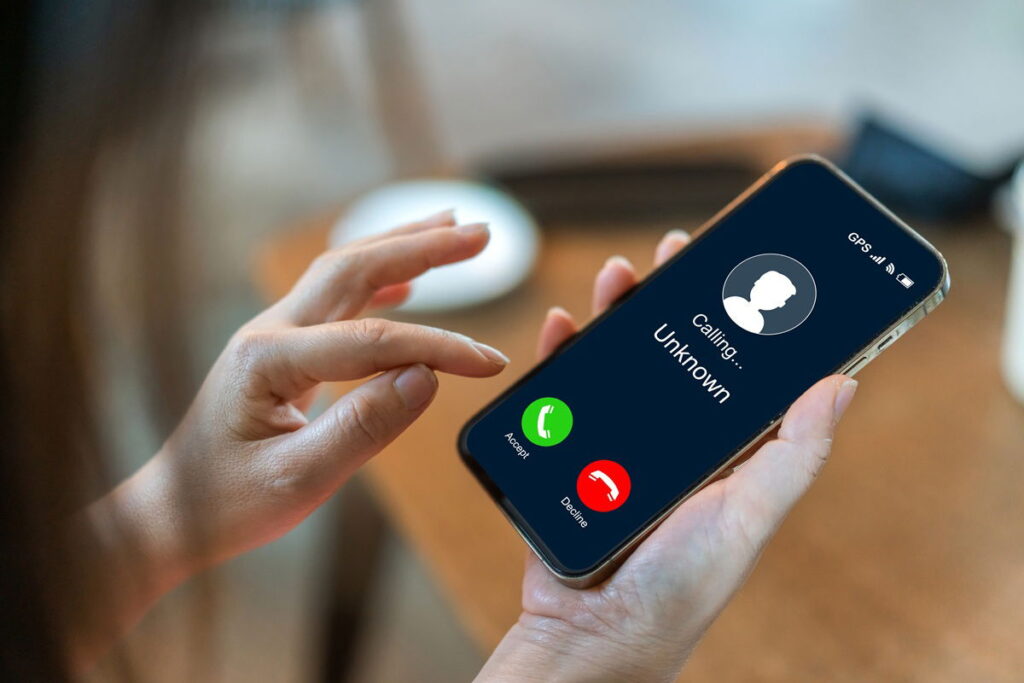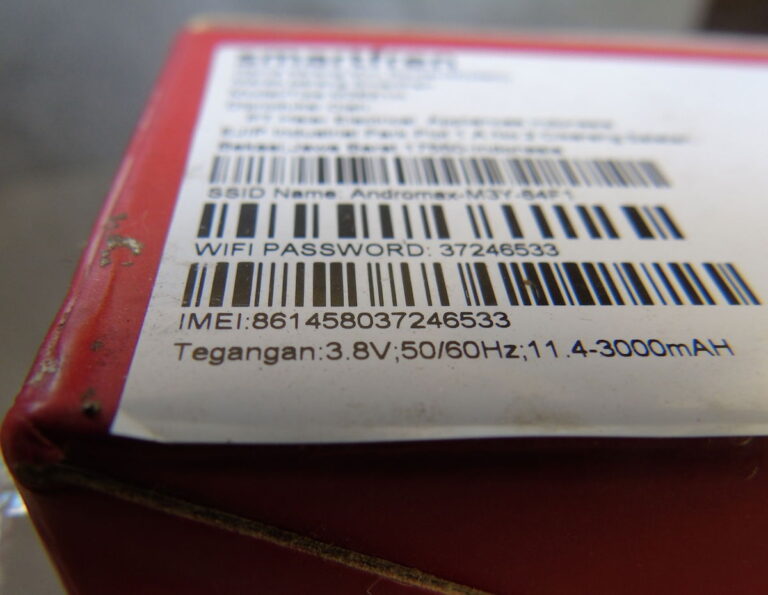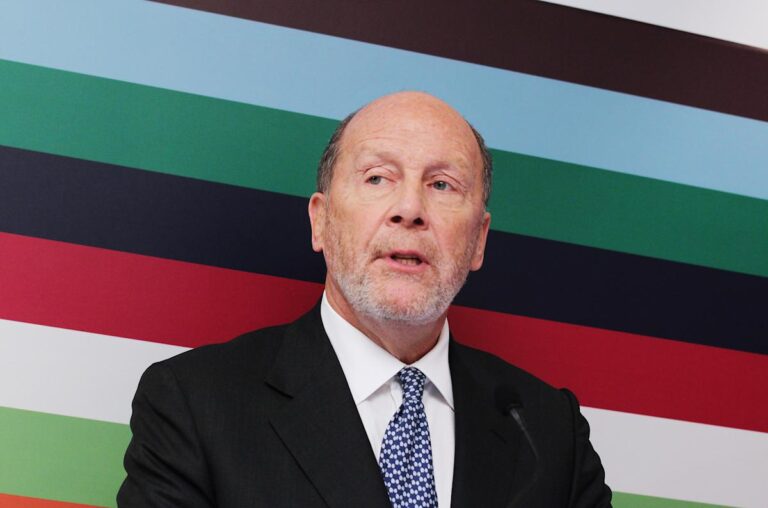
An incoming call from an unrecognised number can signal a phone scam, spam or phishing attempt.Credit : JOURNEY STUDIO7, Shutterstock
Answering a call with a casual ‘yes’ might seem harmless, but these days it could hand crafty fraudsters everything they need to drain your savings.
With just that one syllable on record, scammers can authorise transactions, open accounts in your name or even impersonate you in front of banks and service providers. Here’s why this one-word phone scam has taken off and how you can stop it in its tracks.
How saying “Yes” on a call opens the door to voice-recording fraud
Imagine your phone rings. You pick up, and on the other end…silence. Or perhaps someone pretending to be from your bank asks, “Can you confirm you’re Mr Smith? Just say ‘yes’.” The moment you oblige, they hit record. That simple “yes” becomes their golden ticket.
- First contact: You get a call from an unknown number. It could be someone claiming to be from your bank, your utility supplier or a delivery firm. Or it could be dead silence.
- Voice capture: When you respond with “yes,” “si” or any affirmative noise, they record it.
- Exploitation: Armed with your voice sample, fraudsters convince banks and other firms they’ve received your permission to transfer money, set up direct debits or even apply for credit cards on your behalf.
- Your balance vanishes: By the time you check your account, you could find your funds gone and new debts in your name, all authorised by your own voice.
With voice-recognition tech now commonplace, especially for low-risk tasks, banks often accept a recorded “yes” as valid authorisation. Scammers exploit this blind spot, slipping through security measures designed to protect you.
How to protect your money from one-word phone scams
Blocking malware or avoiding phishing links won’t help here. This scam relies on real-time trickery, so you need to change how you handle phone calls.
- Avoid one-word replies: Don’t answer with just “yes,” “si” or “oui.” Start instead with, “I’m sorry, who’s calling?” or “Can you give me your name and company?”
- Use voicemail as your filter: If you don’t recognise the number, let it go to voicemail. Genuine organisations will leave a clear message.
- Verify suspicious calls: If someone claims to be from your bank or any provider, hang up. Then call the official number on your statement or their website—never dial numbers given by the caller.
- Set a call passphrase: Ask your bank if you can add a secret word or phrase for phone transactions. That way, they can’t proceed with just your “yes.”
- Install call-screening tools: Many apps will flag likely spam or scam numbers. While not foolproof, they’ll cut down on nuisance calls and reduce your risk.
- Report dubious calls: Let your bank know about any suspicious voice-capture attempts. The more they learn, the better they can protect you and other customers.
By treating each unexpected call with a pinch of scepticism and never giving away that magic word—you’ll put scammers back in their box.
Why saying “Yes” on a phone call puts your money at risk
It might seem odd that one tiny word could carry so much power. Yet in the era of voice authentication, that harmless “yes” can validate high-value transactions. Scammers don’t need your password or bank card; your voice is all they need to tip the scales in their favour.
It’s worth remembering that fraudsters love the low-tech approach. There’s no phishing link to click, no virus to download. Just you, your phone and a quick “yes.” That’s why slowing down and questioning every caller is the best defence.
Next time your phone rings and you don’t instantly recognise the number, pause. Don’t fall into the trap of answering with your default response. Take a breath, ask “Who’s this?” or simply hang up and check your voicemail later. A moment’s hesitation could save you from a world of financial pain.
Stay sharp, stay sceptical and keep that one-word answer locked away.







